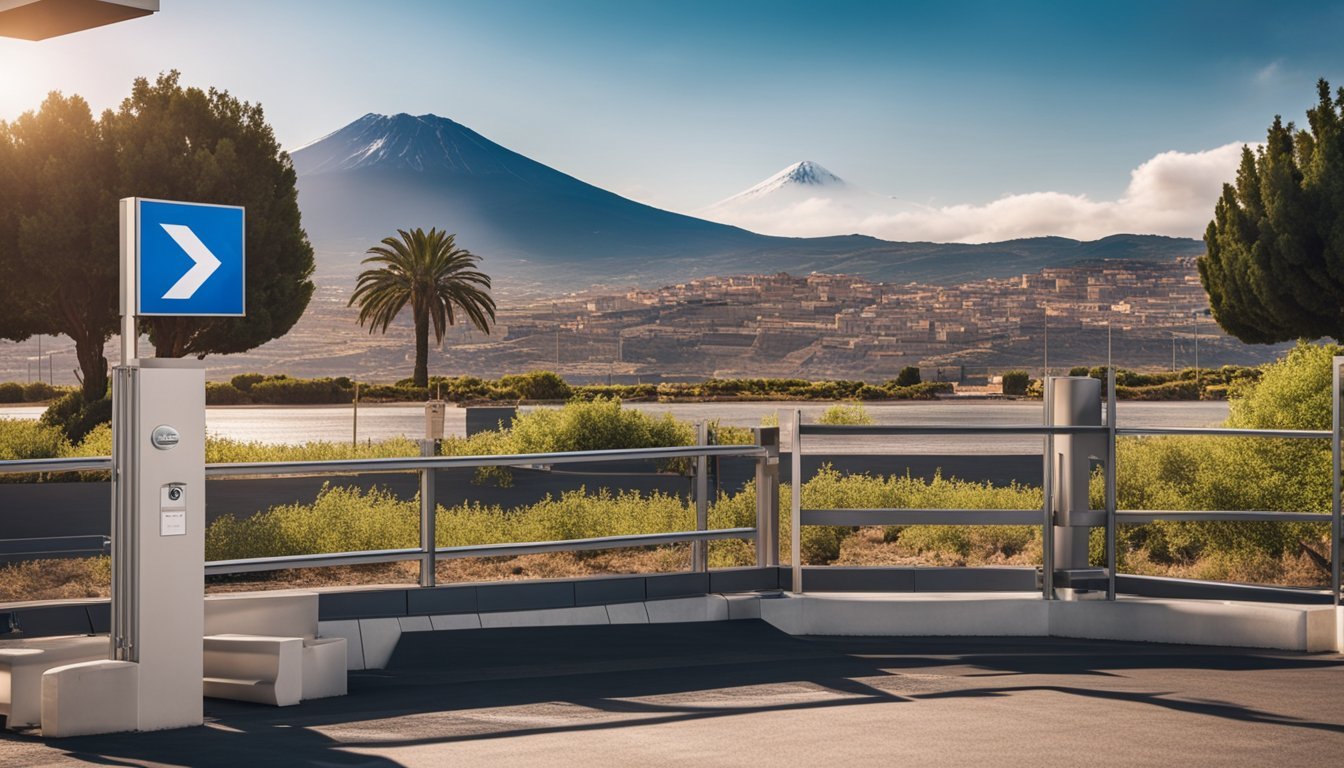Ryanair has made the decision to halt its plans for adding new flights to Sicily this summer, citing a disagreement with local officials about a boarding tax imposed on passengers departing from regional airports.
Ryanair’s Concerns Over Boarding Tax
The budget airline has voiced concerns that the existing municipal surcharge stifles expansion efforts in Sicily.
According to the airline, this tax does not serve the interests of the region; rather, it undermines tourism, limits job opportunities, and makes travel less affordable for Sicilians wishing to explore various destinations in Italy and beyond.
Impact on Air Travel and Economy
From April 1, 2025, a €0.50 increase in the municipal surcharge will apply to all major Italian airports.
However, Ryanair has yet to clarify whether this change will affect airports in Sicily specifically.
This surcharge—commonly known as a boarding tax—applies to ticket prices for travelers at several key Italian airports, including Milan Malpensa, Rome Fiumicino, and Venice Marco Polo.
Individual municipalities determine the tax rates, which currently range from €6.50 to €9 per passenger.
Expressing dissatisfaction, Ryanair has pointed out that this tax poses significant hurdles for Sicily’s economy, detracting from the island’s attractiveness as a travel destination.
The airline has urged Sicilian leaders to look to Calabria, which eliminated its surcharge last July.
That move resulted in a remarkable 50% boost in air traffic.
Ryanair’s CEO suggested that a similar measure in Sicily could lead to a swift increase in tourism and connectivity, potentially welcoming over three million new visitors to the island, creating about 1,200 jobs, and reducing fare prices for both locals and tourists alike.
Challenges of Abolishing the Surcharge
On the other hand, Alessandro Aricò, Sicily’s infrastructure and transport minister, acknowledged the complexities involved in abolishing the surcharge.
He estimated that doing so could impact the region’s budget by around €80 million and indicated that removing the tax might not significantly lower flight costs.
It’s worth mentioning that Ryanair has previously engaged in discussions with Italian authorities concerning airport fees and regulations.
Recently, the airline announced plans to withdraw one of its aircraft from Rome Fiumicino and scale back expansions at Rome Ciampino, citing rising operational costs and flight restrictions as the motivation behind these changes.
Despite these challenges, Ryanair continues to reign supreme in Italy’s aviation sector, carrying over half of all domestic passengers in 2023.
As the negotiations unfold, there remains hope that a resolution can be achieved, one that enhances connectivity and promotes tourism in Sicily, fostering a brighter future for the island and its inhabitants.

